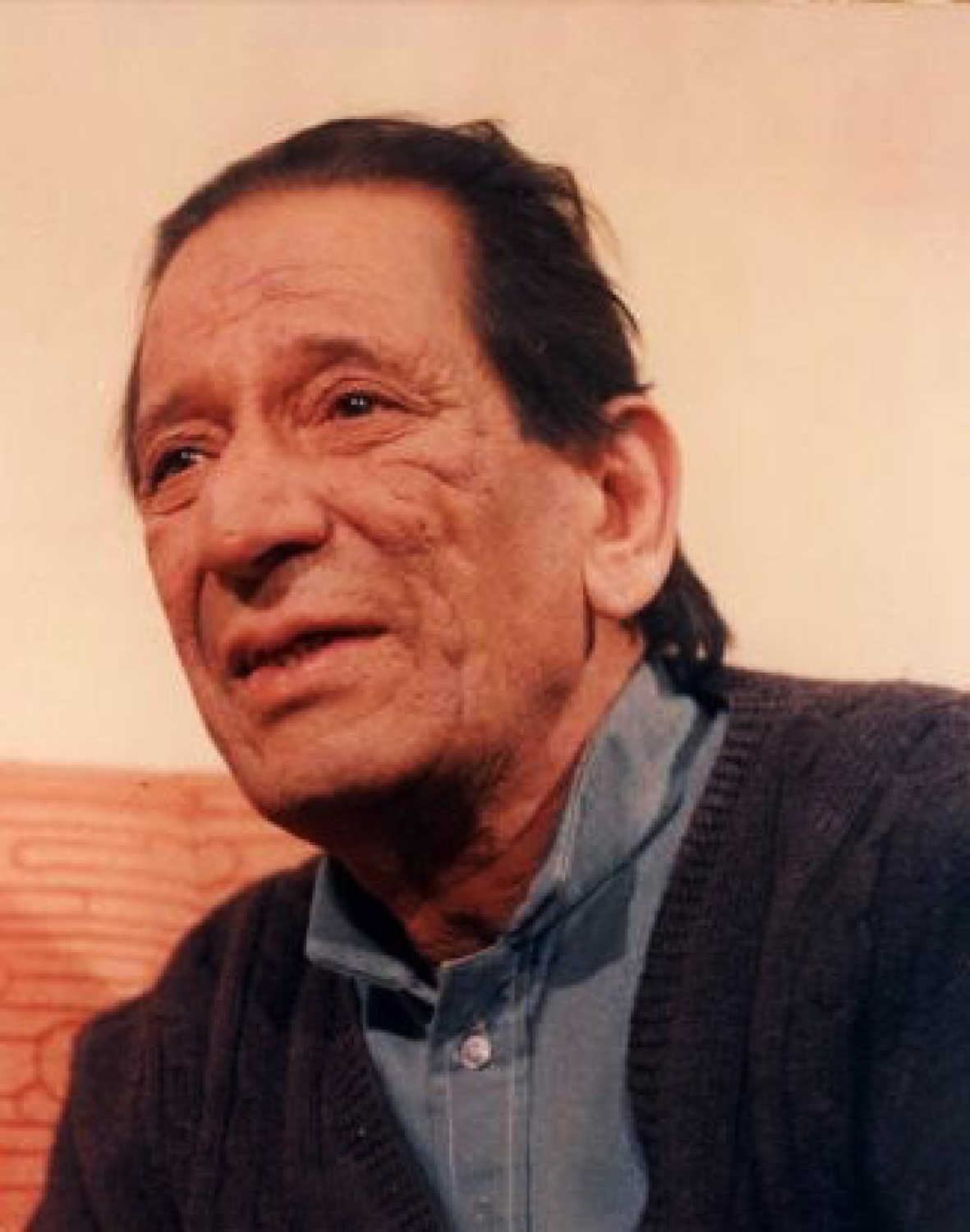On the music composer’s 105th birth anniversary today (21 March), we look at his introduction to film music and his notable but brief career in the Indian film industry.
Remembering bygone composer Khurshid Anwar – Birth anniversary special
Mumbai - 21 Mar 2017 8:00 IST
Updated : 05 Jun 2018 20:56 IST


Sonal Pandya
In a four-decade career, acclaimed music composer Khurshid Anwar only composed the scores for 28 films in India and Pakistan. Born on 21 March 1912 in the west Punjabi border town of Mianwali in what is now Pakistan, Anwar came from a well-to-do family. His father Khawaja Ferozuddin was an eminent barrister who encouraged his children to get an education.
Musically inclined, the young man got his training and knowledge from Ustad Tawakkal Hussein Khan in 1934. Khurshid Anwar passed out of Lahore's Central Model School with distinction and went to acquire a Master of Arts degree in philosophy from Punjab University (Lahore) where his seniors were the poets Faiz Ahmed Faiz and Noon Meer Rashid.
Anwar, however, was so immersed in his music that he forgot to attend the prize distribution ceremony at the university where he was to receive the gold medal. The British chancellor who was handing out the honours reportedly said the absent Khurshid Anwar was a true philosopher.

(Govt of Pakistan)
for Best Story and Best Music
for his Pakistani film Intezar (1956)
Khurshid Anwar also cleared the Indian Civil Service (ICS) examination, but thereafter did not pursue it.
Later, in an interview with Javed Usman, he remarked, “If I had not been making bombs earlier in the heat of revolutionary ardour I would surely have become a civil servant. You see, those were the days of revolutionary movements springing up all over Europe. In India too, there was intense political awareness. I had been one of the accused in a conspiracy case and was tried and acquitted in 1932.”
The young man was a vocal critic of the British Raj and a member of Bhagat Singh’s revolutionary group, but gave it all up for a career in music.
Khurshid Anwar took a position as a music programme producer at All India Radio, Delhi, in 1938, but was persuaded to leave it and compose music for the Punjabi film Kurmai (1941) using singers Rajkumari, GM Durrani and Iqbal Begum. The film’s success paved the way for him to score music for Hindi films, starting with JK Nanda’s Ishara (1943) starring Prithviraj Kapoor and Suraiya.

Soon enough, he was making compositions for Parakh (1944), Yateem (1945) and Parwana (1947), which was to be the legendary KL Saigal's last film. Saigal acted and sang in the film with co-star and fan Suraiya. Like Naushad, Khurshid Anwar persuaded the great actor-singer to record the songs sober, and the results proved them both right as the soundtrack became successful.
After Partition in 1947, Khurshid Anwar returned to Lahore and worked for a while with Radio Pakistan. But he returned at the behest of filmmaker JK Nanda, who had made Parwana and had given Anwar his break with Kurmai. Music composer Roshan was his assistant on Nanda’s Singaar (1949) starring Madhubala and Suraiya. His last film in India was Neelam Pari (1952).

After 1952, Khurshid Anwar shifted permanently to Lahore and chose to work in Pakistani films. He wrote the music for such films as Mirza Saheban (1956), Chingari (1964) and Haider Ali (1978).
Several writers have noted that Khurshid Anwar was a simple man and composed his tunes on a matchbox before bringing them to the recording studio. He is said to have introduced Haryanvi folk music into films. In Pakistan, he expanded his talents with forays into scriptwriting and direction for films like Intezar (1956) and Ghunghat (1962), respectively, but his real love was music.
A well-read man who followed world cinema quite keenly, Khurshid Anwar continued in the Pakistani film industry until the 1980s, but he struggled to get work in his later years despite his artistic vision. He refused to work in films that were remakes of Indian movies, which was what the Lahore film industry had been reduced to by then. So, in the late 1970s, he focused his efforts on introducing and recording 100 ragas of different Pakistani singers over two parts for EMI Pakistan. He was awarded the coveted 'Sitara-e-Imtiaz' by the government of Pakistan in 1980.
Like many other forgotten music legends, Khawaja Khurshid Anwar died a lonely death in Lahore on 30 October 1984. The great Noorjehan, whom he had called ‘the only real voice in Pakistan’ and who sang many of his compositions after he moved to Lahore, was said to have been inconsolable upon hearing the news.

